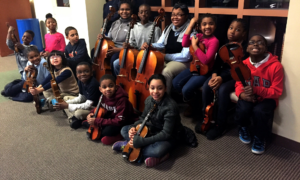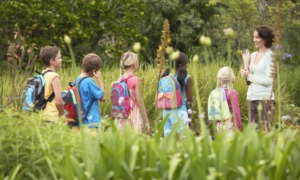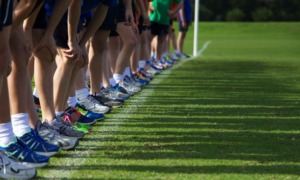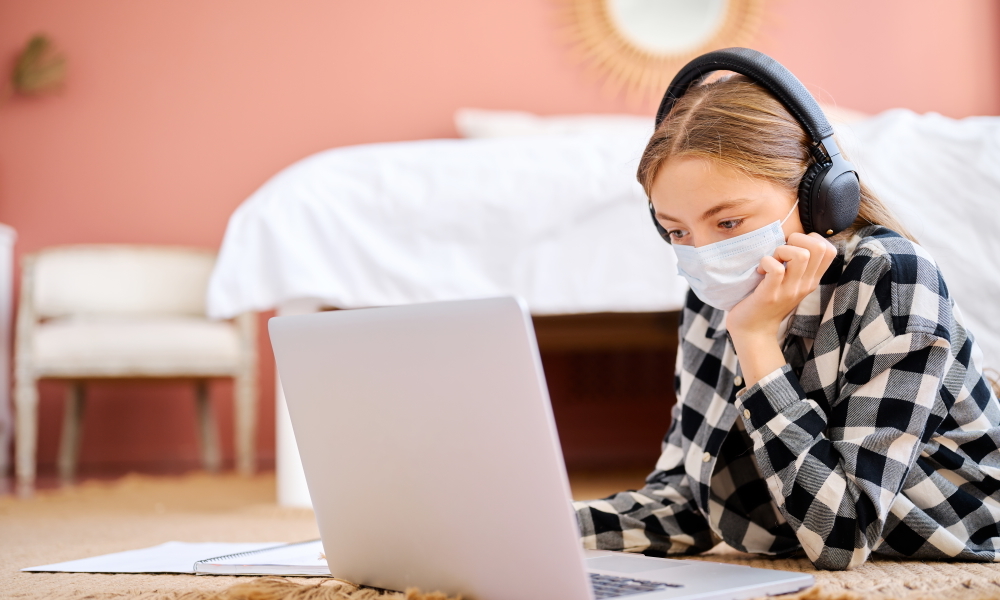
ALEKSANDR KHMELIOV/SHUTTERSTOCK
As schools begin to open back up, many young people and their families are facing the unexpected. Understandably, they have questions about their safety, and some still question whether it is too soon to return. For young people with disabilities it is riskier to be in schools, so I had to ask how their schooling has been affected since the pandemic began.
I spoke to Gillian Crossman, who is 20, lives in Boston and goes by the nickname Scarlett. She said the past semester of school had quite a few challenges and not knowing what fall semester would look like was also a disappointment. However, she said that regardless, she was grateful to have had access to a computer and other materials.
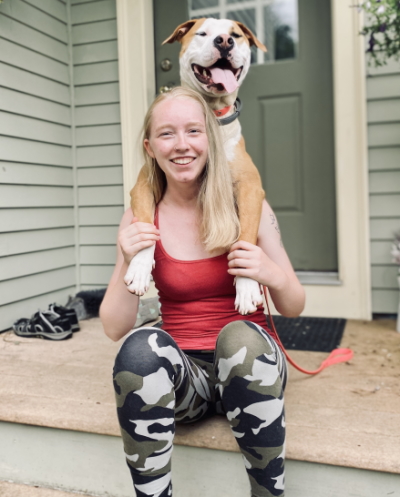
Gillian Crossman
COVID “has affected my schooling dramatically. Within 24 hours my college shut down and we had to return home. We weren’t expecting or preparing to move to remote learning for the rest of the school year, not to mention that we still don’t know how the fall is going to look,” she said.
Crossman lives with POTS or postural orthostatic tachycardia syndrome, a condition that affects blood flow, as well as endometriosis, a disorder in which tissue that normally lines the uterus grows outside the uterus. She also has chronic migraines and post-traumatic stress disorder. She is involved with the disabled community by being a service dog handler and by spreading education and awareness about disabilities, chronic illnesses and service dogs. She blogs about her journey and hopes to be able to support and spread love to other people.
Paula Stübs is 22 and lives in Essen, Germany. She gave me some insight into how young people with disabilities are handling their schooling abroad. Stübs lives with SMA or spinal muscular atrophy, a genetic disease affecting the central nervous system, peripheral nervous system and voluntary muscle movement. Stübs said young people with disabilities have been facing additional challenges and discrimination due to COVID-19.

Paula Stübs
“I think for most of us, especially with all the talk about who will get a treatment if they get infected and who won‘t, are pretty scared by the situation,” she said. “It feels like we’re currently facing an extra wave of ableism, in addition to what we usually face.
“My uni has turned all classes into online classes and the next semester will most likely look the same or similar,” Stübs said. “Since it was a shift that had to be done on very short notice a lot of it didn’t work perfectly and it was a lot of work for everyone. For me personally, going to classes in person is better, but i do hope we will keep the possibility of online classes as well as this is making education accessible for more people that would usually struggle with going to their classes but could manage well in online classes!”
Crossman brought up another point about doing schoolwork from home — the other people you live with.
“A lot of my courses were lab-based and in-person-based [hands on] type of learning, and having to move to online really impacted how some of the courses finished,” she said. “It also impacted my grade score because you can’t really learn ‘labs’ online. It was also very difficult sharing the house with three other people who were either teaching or doing Zoom calls for learning purposes. I can’t even imagine how bigger families handled this situation. I’m lucky and grateful that I had access to a computer and other materials, but it was certainly a challenge that I would prefer not to occur again.”
To me, there are several takeaways from this situation. It goes without saying that we should monitor the conditions in schools closely, but we also may have learned that the pandemic has uncovered a new way of learning that may be beneficial to young people who are disabled. As we start the new semester, I urge you to keep an open mind about how we can make our schools more accessible in any situation that may arise.
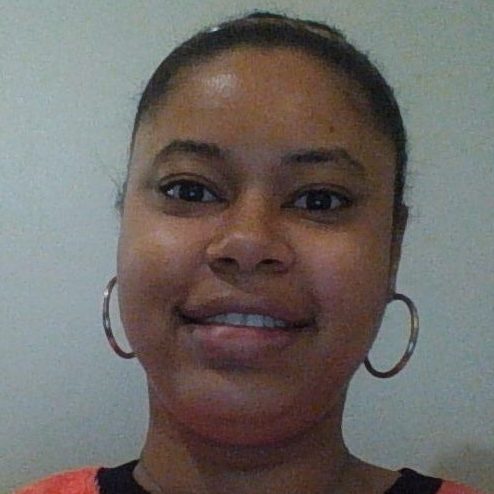
Deandra Mouzon
Deandra Mouzon is a Georgia-based journalist who received a B.A. in journalism from CUNY’s York College. Currently she is working on a publication about youth with disabilities.


